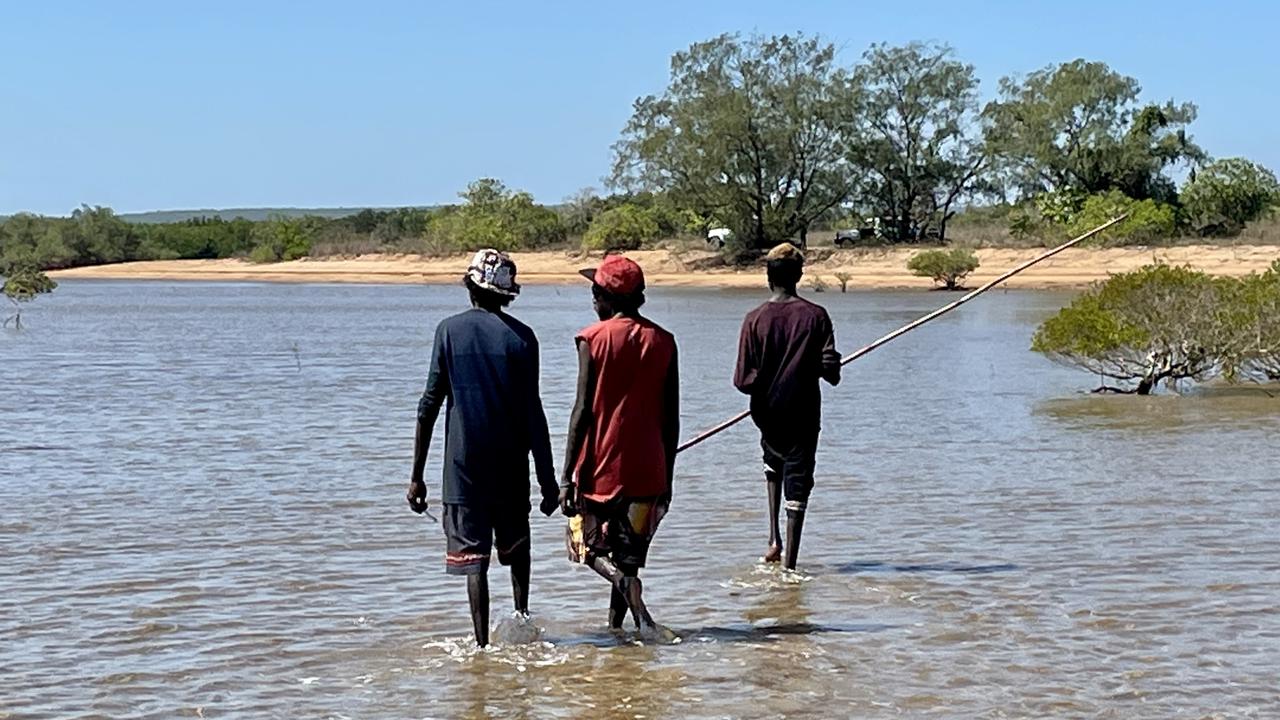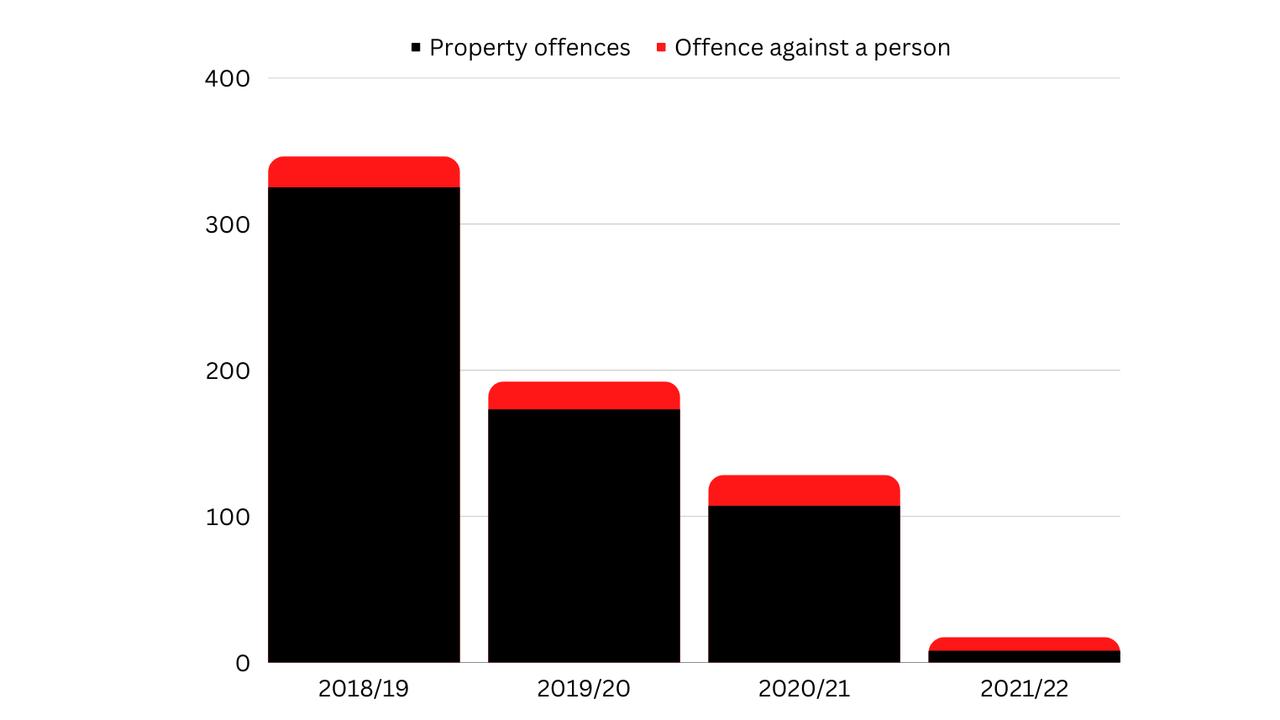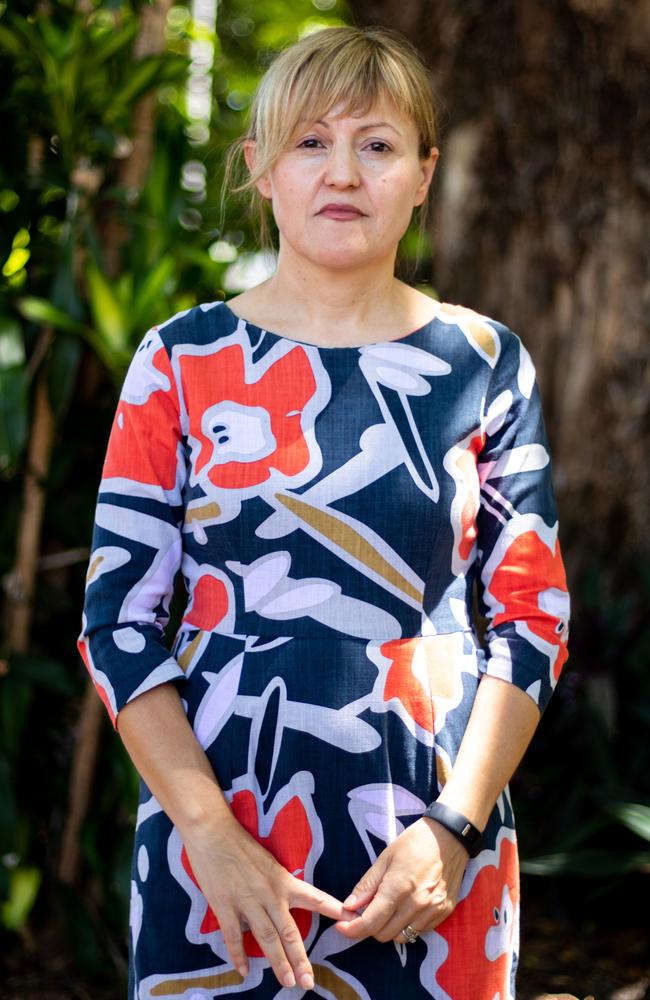Anindilyakwa Traditional Owners set up programs to reduce youth crime by 95 per cent
A remote Northern Territory community has reduced youth crime by a staggering 95 per cent. Read how they did it.

Anindilyakwa Traditional Owners have reduced youth offending by 95 per cent in their community, according to new crime data.
NT Police statistics show that youth crime on Groote Eylandt has plummeted from 346 offences recorded in 2018-19 to just 17 offences in 2021-22.
The number of unique offenders has also decreased from 44 to 13 in the same period.
The data comes as the Northern Territory government grapples with growing youth crime in Darwin, Palmerston, Alice Springs and Tennant Creek.
In 2017, a key recommendation of the Royal Commission into the Protection and Detention of Children in the NT was to offer diversion and bail-supported accommodation in remote communities through local decision making agreements.
In 2018, Groote Eylandt Traditional Owners signed a Local Decision Making Agreement with the Northern Territory government and identified a need to break the cycles of offending through culture and community-led solutions.
Through a series of programs, including mentoring and peacekeeping, young people have been diverted away from the justice system before coming into contact with it.
Anindilyakwa Land Council chief executive Mark Hewitt heralded one particular initiative, Gebie Gang, which was launched in 2019, a success.
“I think part of its success comes from it being a proactive program that engages with kids and young people by providing local role models and real opportunities to build life skills – like cooking, health and fitness, spear-making, photography – but also finding work experience positions, undertaking short courses, and getting a driver’s licence,” Mr Hewitt said.

“These are things all kids need if they are to lead happy lives and avoid the types of influences that can lead to trouble.”
Mr Hewitt said the Peacemaker Program also sought to mediate disputes between local parties, while the Spotters Program supported young people and their families to address the root causes of anti-social behaviour.
Traditional Owners are working to build an on-Country camp that can accommodate 32 residents of different ages as an alternative to custody setting, where young people are supported to complete court orders, job training and reconnect with culture.
The camp will be similar to the women’s program in Alice Springs, which was established under the Aboriginal Justice Agreement.

Northern Territory Council of Social Services chief executive Deborah Di Natale said the statistics proved that community-led initiatives to “divert and support” were effective solutions to dealing with youth crime.
“The statistics don’t lie: 77 per cent of children released from Northern Territory detention return within 12 months, proving that locking up kids behind bars does nothing to stop crime,” she said.
“In contrast, almost two-thirds of children who are given the opportunity to complete a diversion program do not reoffend within 12 months.”
Ms Di Natale said it was time for the government to fund community-led solutions to justice.
Territory Families Minister Kate Worden said most remote communities across the Northern Territory had local diversion programs.
“Just about every community I go to there’s a diversion component happening ... certainly some of the diversion work is done within a schooling infrastructure,” she said.
The government has listed recommendation 7.01 from the royal commission report that calls for “place-based approaches” to diversion and bail as complete but Ms Worden said there was not supported accommodation in remote communities.
“That would take some significant work in future years, we’ve got other priorities at the moment, so that would be ongoing.”




